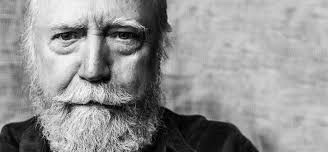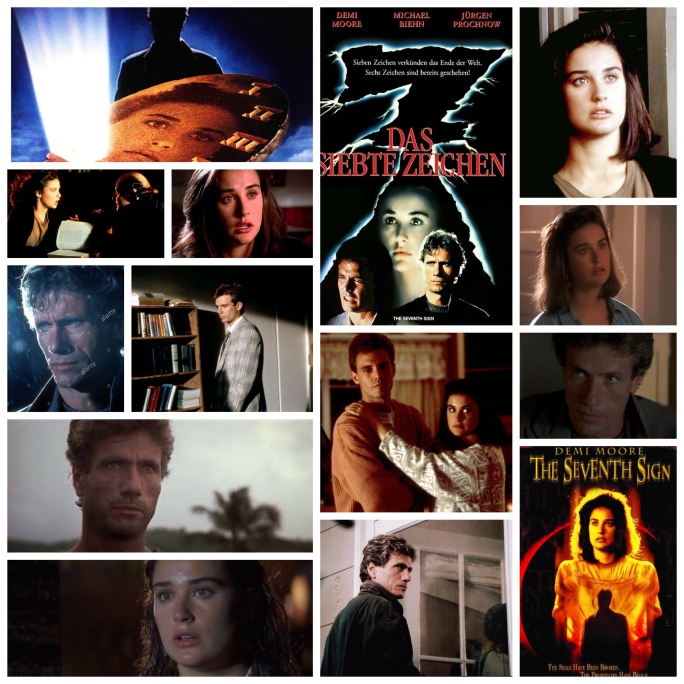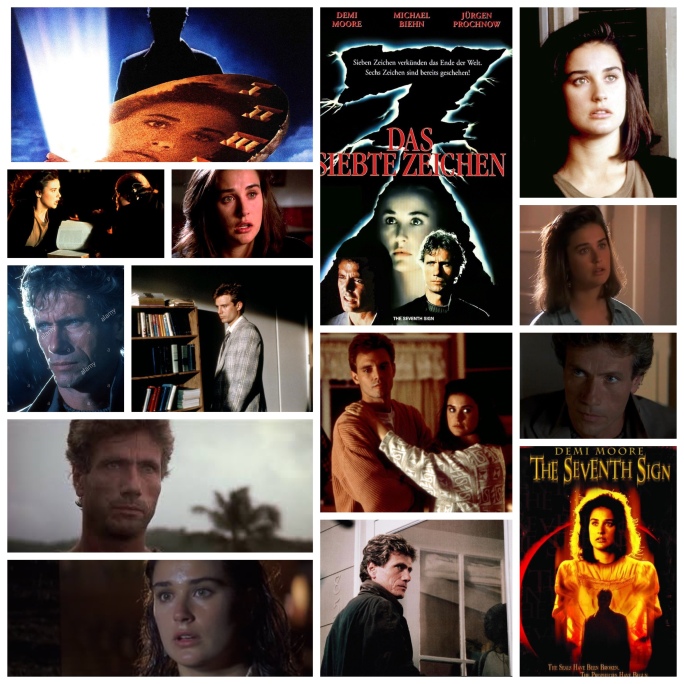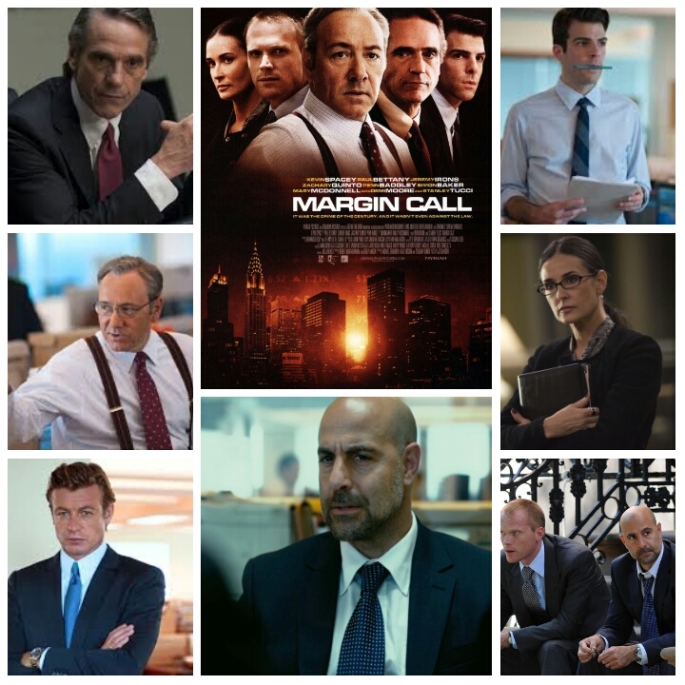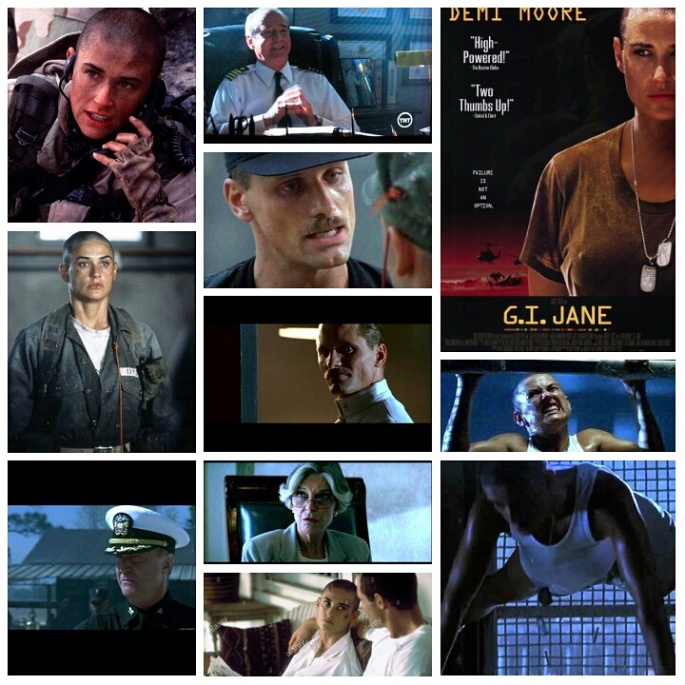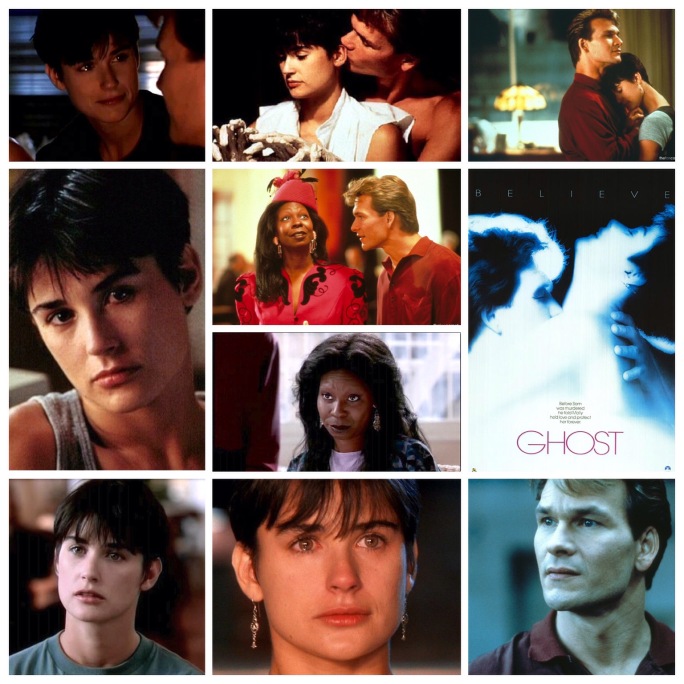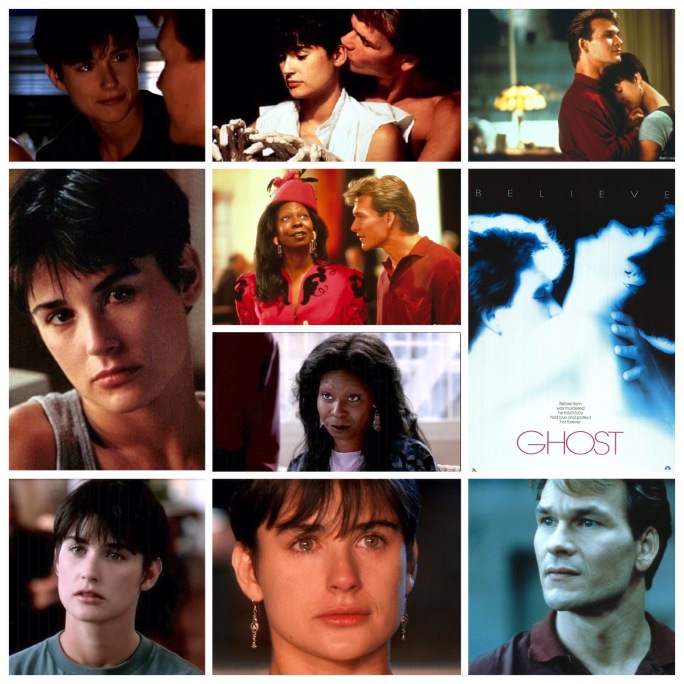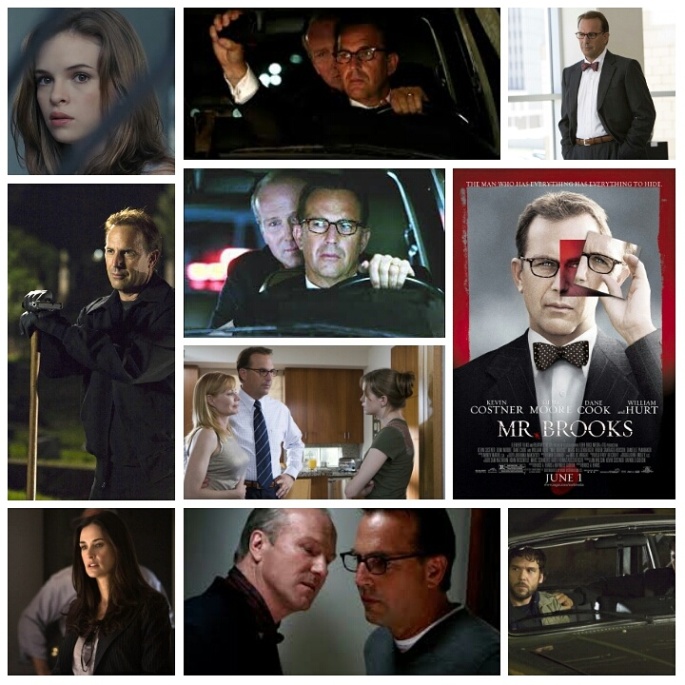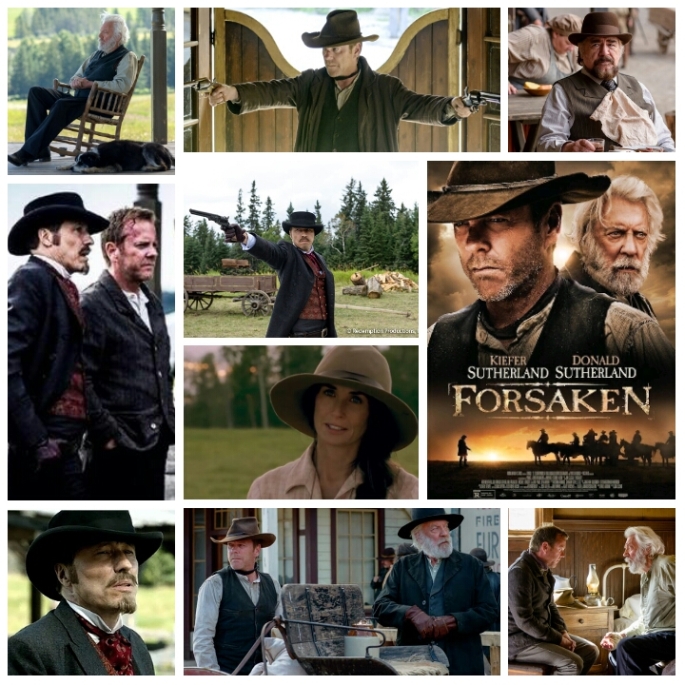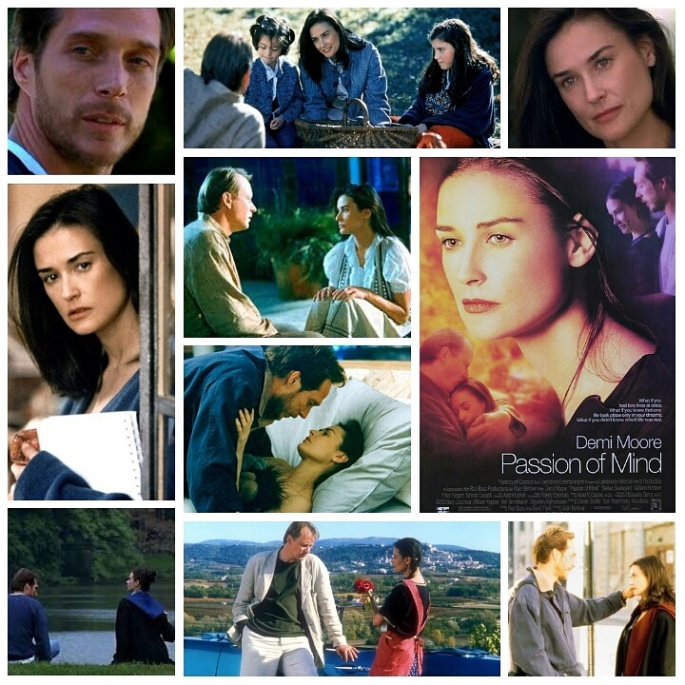Scott Wilson was one of those actors who showed up on screen and before you even heard him speak you wondered what thoughts, feelings and history were behind those introspective features. Whether playing cowboy, cop, criminal, family man, mayor, general or anyone else he always brought a measured, contemplative grit and grace equilibrium to his his work and consistently stood out. Here are my top ten favourite performances!
10. Frank Reasoner in FX’s Justified

Amidst a rogues gallery of fantastic character actors playing criminals, creeps and rapscallions, Scott stands out as a senior citizen tethered to an oxygen tank with one last heist in him, do or die. He’s essentially a decent guy whose plan goes pretty disastrously and he’s inevitably collared by Raylan Givens (Timothy Olyphant) after a, shall we say, leisurely chase. He wistfully outlines his intentions, regrets and and eventually concedes to the law in a very memorable one episode guest arc.
9. General George C. Marshall in Michael Bay’s Pearl Harbour

He’s basically here in a cameo delivering military exposition to President Roosevelt (Jon Voight), but it’s one of the first things I remember seeing him in as a kid, his grave demeanour and poised line delivery steals the scene from a room packed with venerable talent.
8. Abel Johnson in Netflix’s The OA
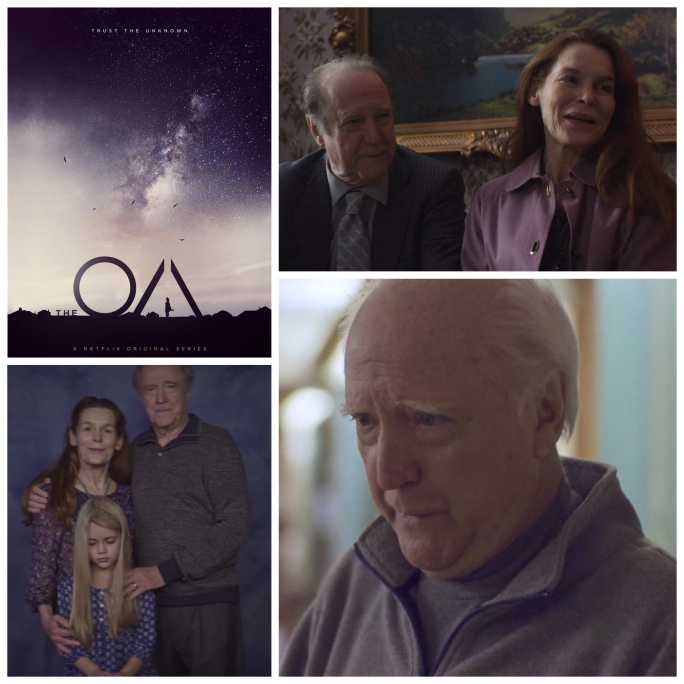
This was his last role before passing on and indeed he can be seen in one last season two episode that aired in 2019 a year after his death, which is a nice touch. He and the great Alice Krige play adoptive parents to protagonist Prairie Johnson (series co-creator Brit Marling). Their journey is a complicated, elliptical and metaphysical one that’s often sad and fraught with suffering but he blesses this character with a gentle paternal energy. I’m still so pissed that they cancelled this after only two seasons but that’s another story.
7. Hershel Greene in AMC’s The Walking Dead
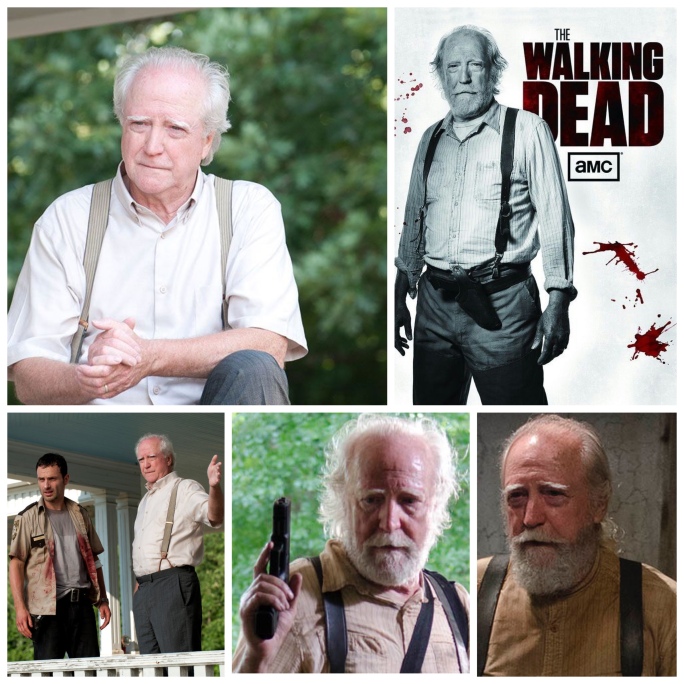
Sometimes you don’t get international acclaim and ComicCon level attention until you’re in the vicinity of like 80 years old but hey better late than never. His stoic, vulnerable yet badass turn as farmer and family man Hershel blew up his career as an actor, prompting him to make many visits to conventions all over the world, including my city of Vancouver. I was able to meet him and he was every bit the gentleman, sage and class act I always knew he’d be.
6. Horton/Last John in Patty Jenkins’ Monster
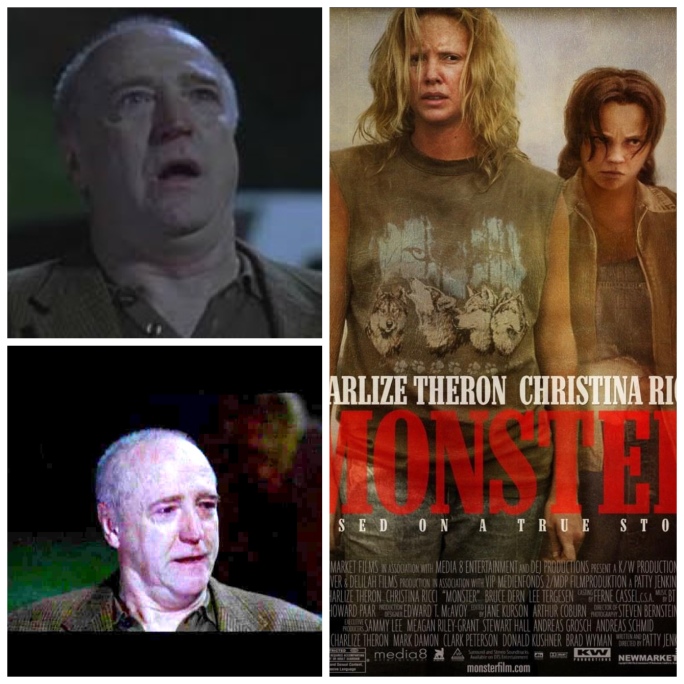
Another brief cameo but one that speaks volumes. Serial killer Eileen Wuornos murdered many men in her spree, some that probably deserved it and others that were total innocents. Horton is just an old man driving across country to visit family when he has the unfortunate luck to run into her. His tearful pleading and telling her he has children is one of the most haunting, heartbreaking scenes of the film and even brings out a note of chilling complexity in Theron’s performance too.
5. C.O. Salem in Ridley Scott’s G.I. Jane

One of the all time great drill instructors in cinema, Salem is a sassy, back talking prick with a wry sense of humour and an unwillingness to take shit from anyone, even a manipulative bitch senator (Anne Bancroft) who tries to give him the gears. With a snappy comeback for everything and no shortage of attitude, he’s tough but ultimately fair on Demi Moore’s character who has quite the gauntlet of a character arc to get through.
4. Norman in Krzysztof Zanussi’s Year Of The Quiet Sun
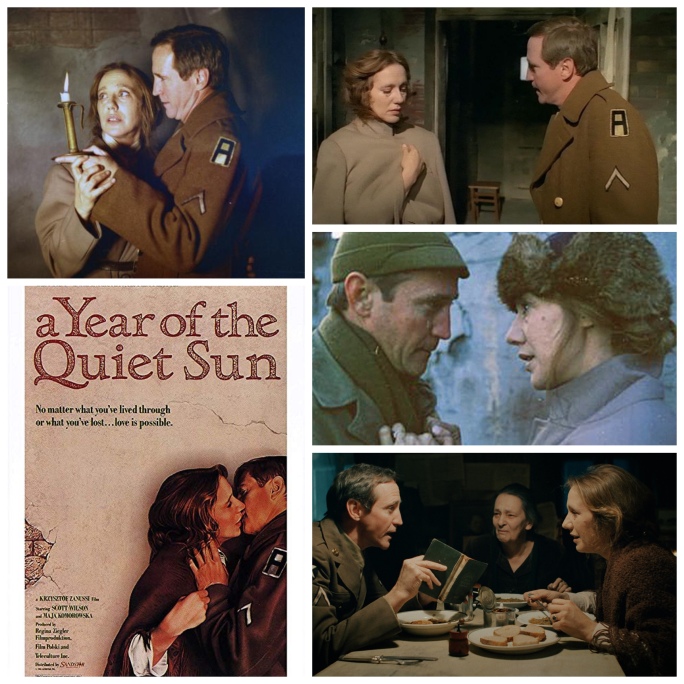
This melancholic postwar romance sees an American soldier (Wilson) stationed in a decimated Polish village sometime after WWII where he falls in love with a local woman (Maia Komorowska). They seem destined to meet yet challenged by circumstance and the still felt affect of the war. He approaches this character dutifully, quietly and with care, it’s worth seeing as it was one of his only romantic lead roles.
3. Eugene in Phil Morrison’s Junebug
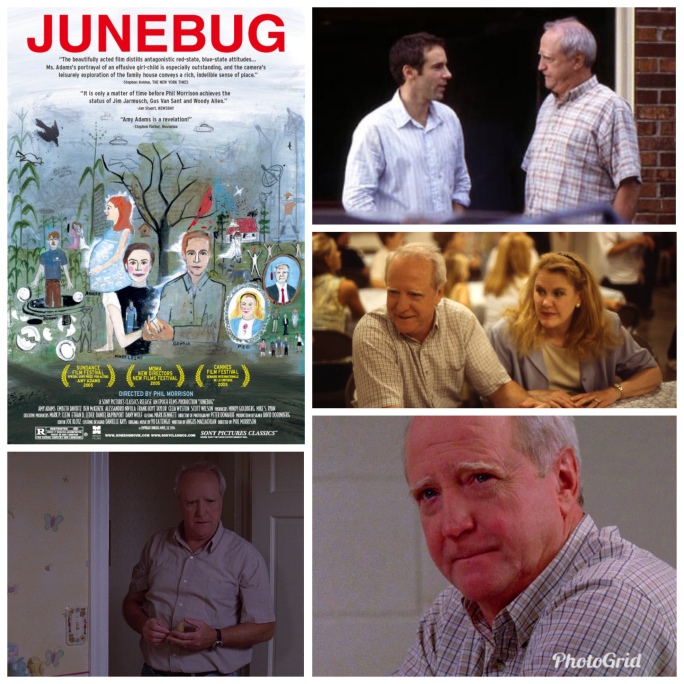
This small town family drama sees him play a quiet husband and father who exists mainly in his own headspace, and in his secluded woodworking shop. This is during a time when things begin to change for the clan and his son (Alessandro Nivola) brings home his new wife (Embeth Davidtz). The dynamic is fascinating but most so in Wilson’s work, especially when he makes a wood craft for his daughter in law, doesn’t end up giving it to her and leaves us wondering what it’s like for him internally. One girl at the convention I was at asked him about this part of the arc and his response was as astute and intuitive as this perfectly calibrated performance is, an answer which I’ve provided a YouTube link below so that you might hear it from the man himself:
2. Dick Hickock in Richard Brooks’ In Cold Blood
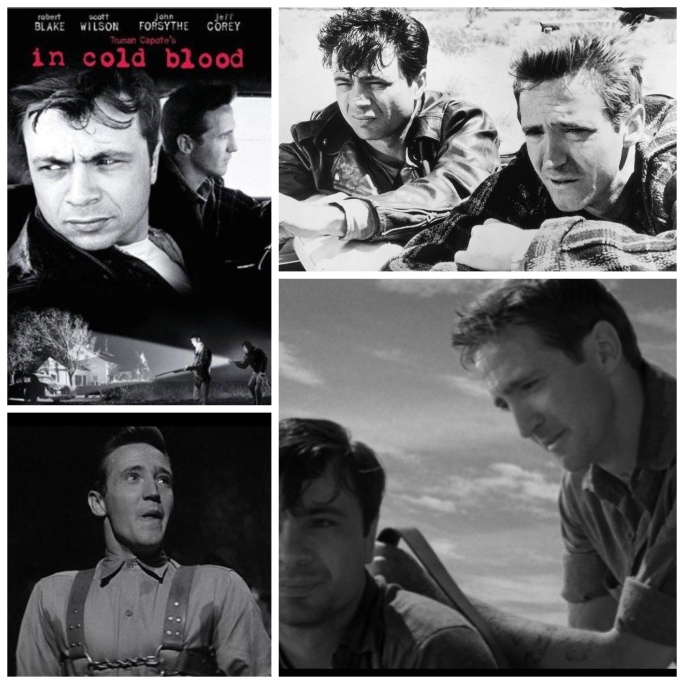
Based on Truman Capote’s infamous true crime novel drawn from knowing these two real life killers for a time, Wilson and Robert Blake have magnetic, chilling chemistry as these two wayward men who commit an unforgivable crime seemingly because they just have nothing else better to fill their time up with. Blake is the intense one while Scott brings a sort of breezy, nonchalant vibe that just barely masks the raging turmoil beneath.
1. Judd Travers in Shiloh, Shiloh 2 and Saving Shiloh

This is the performance I grew up watching and the one that made me such a fan of Scott’s work. Judd is a mean, broken down man with a drinking problem, a violent streak and no end of troublesome behaviour in him. But he’s also an abuse survivor himself and as this surprisingly mature and adept trilogy of children’s films unfold we see the man at his worst and also what’s left of his best, we see how local kid Marty Preston and his dog Shiloh can somehow find some kindness and compassion in Judd by showing him some of their own. It’s a tragic, overlooked performance in American cinema and perhaps the most affecting work he did his whole career.
-Nate Hill
